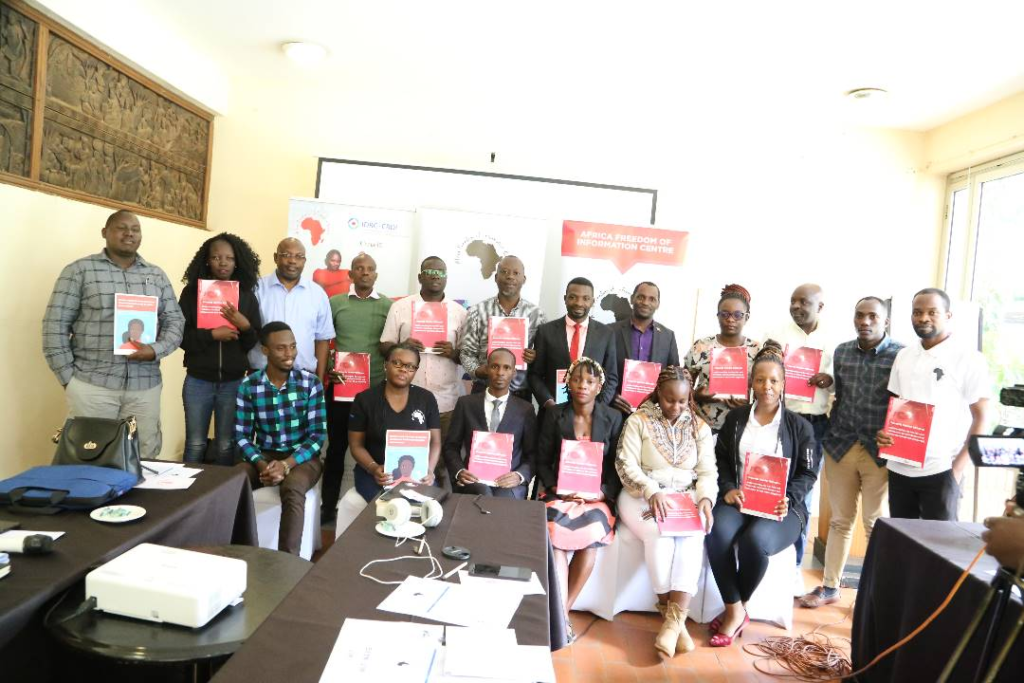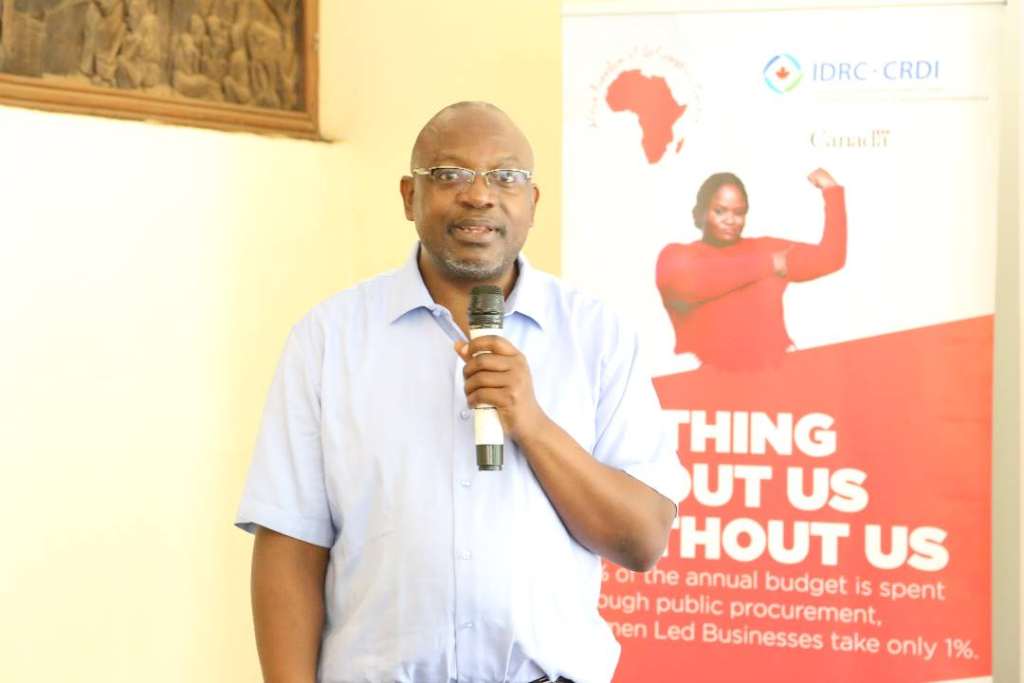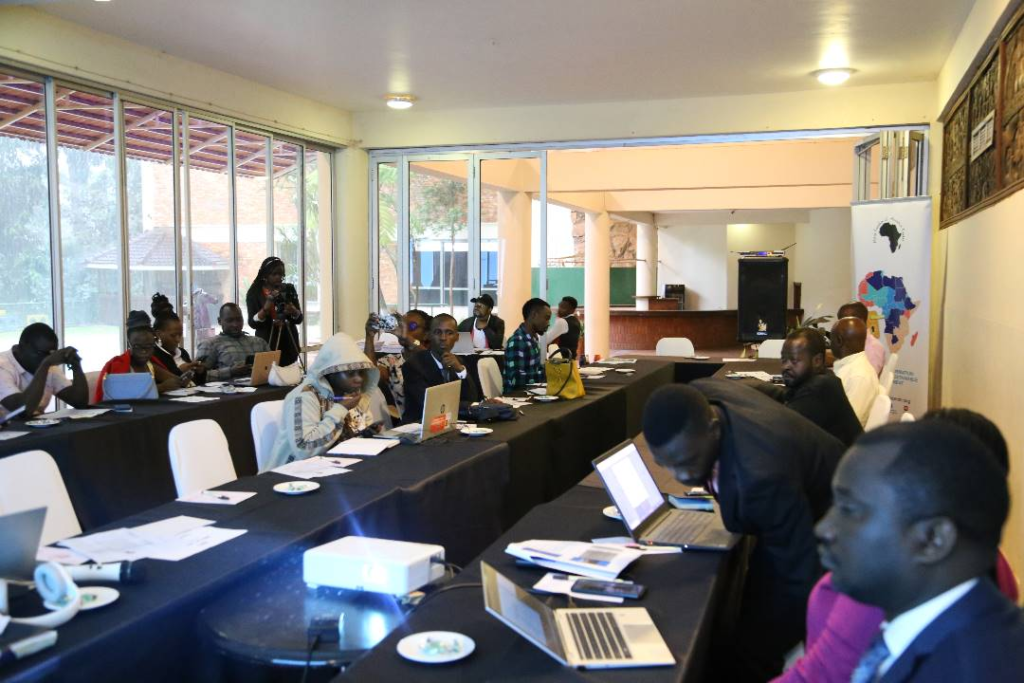
Joyce Namugambe
Following less engagement of the Woman Led Businesses in public procurement in the country, the African Freedom of information Centre has revealed the different challenges and barriers that has been hindering the active engagement of these businesses.
The study which investigated barriers and solutions to include women owned businesses in public procurement processes in Uganda, was conducted between 2021 and 2022. It revealed that although 60% of the National budget is spent on public procurement, women owned businesses take only 1% which is alarming.
The study further shows that the several challenges that affect women Led Businesses have hindered their inclusion in the public procurement thereby leaving women behind in business aspects.

While addressing the role of media in advocating for an inclusive public procurement, the CEO for African Freedom of information Centre Gilbert Sendugwa noted some of the challenges that have hindered women led businesses in public procurement being, women owning businesses not having access to information from government agencies, they lack finance which force many to acquire loans to support their businesses which sometimes they fail to clear, the delayed payments that lead to close down of most businesses for failure to raise capital to continue operating, among others.
Gilbert has appealed to the government to priotize the issues of Gender segregated data to provide room for women who own business to be known into the public.
The national coordinator for African Freedom of information Centre Olive Kabatwairwe has appealed to government to profile women who own businesses as away of bringing them to the public, and in this, they will be given room to join public procurement.

This media dialogue was aimed at bringing the media fraternity on board to devise means of bringing out the women led business to the public to help them be known and inspire other women to own businesses for their development.
This follows the fact that women with business have currently not been given enough spaces in the media, thereby keeping them behind.
This study was conducted from 5 African countries including Uganda, Kenya, Ethiopia, Tanzania and Rwanda.






